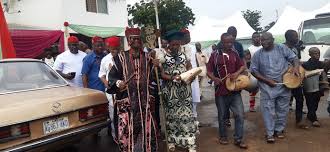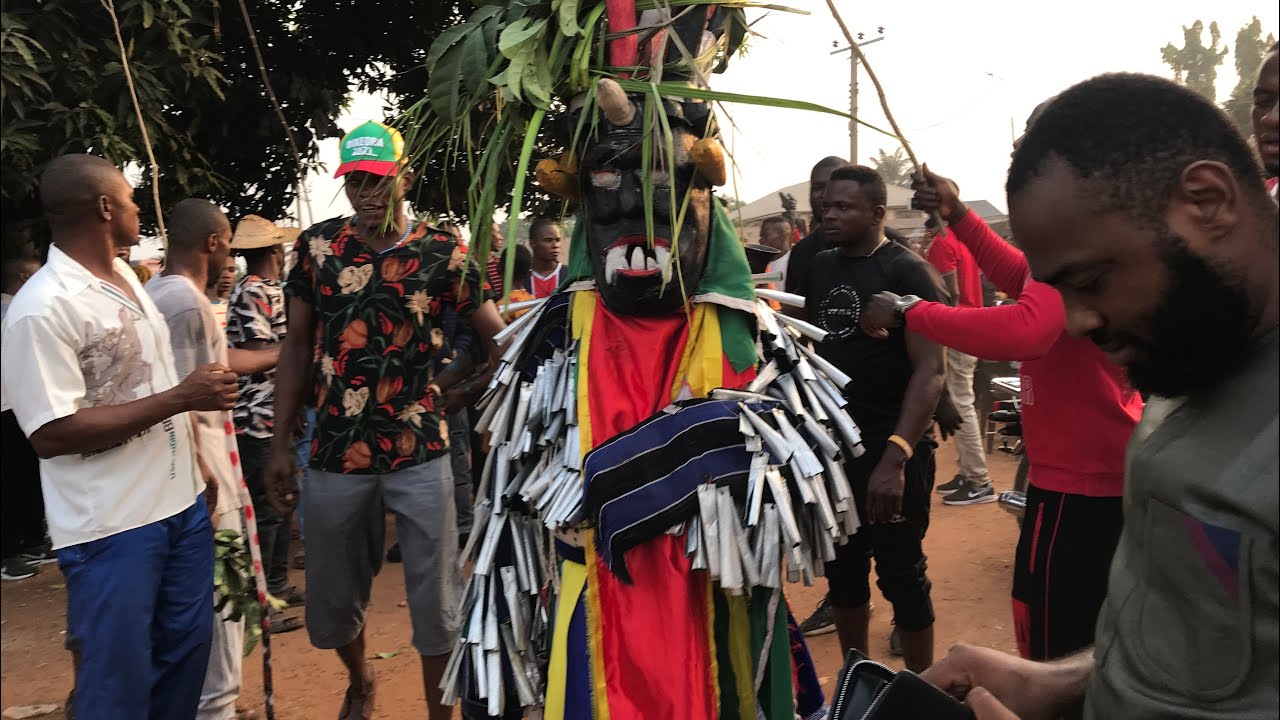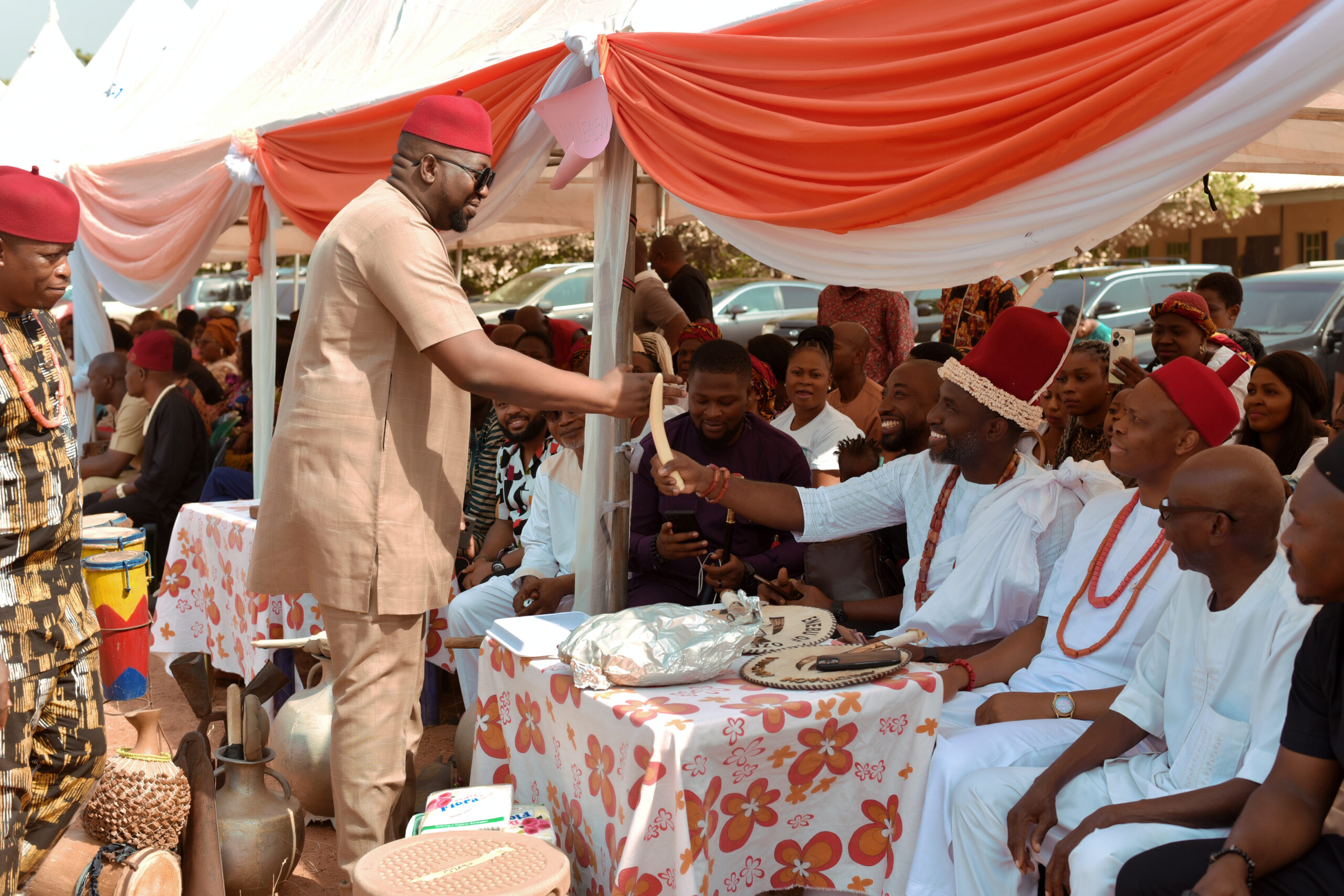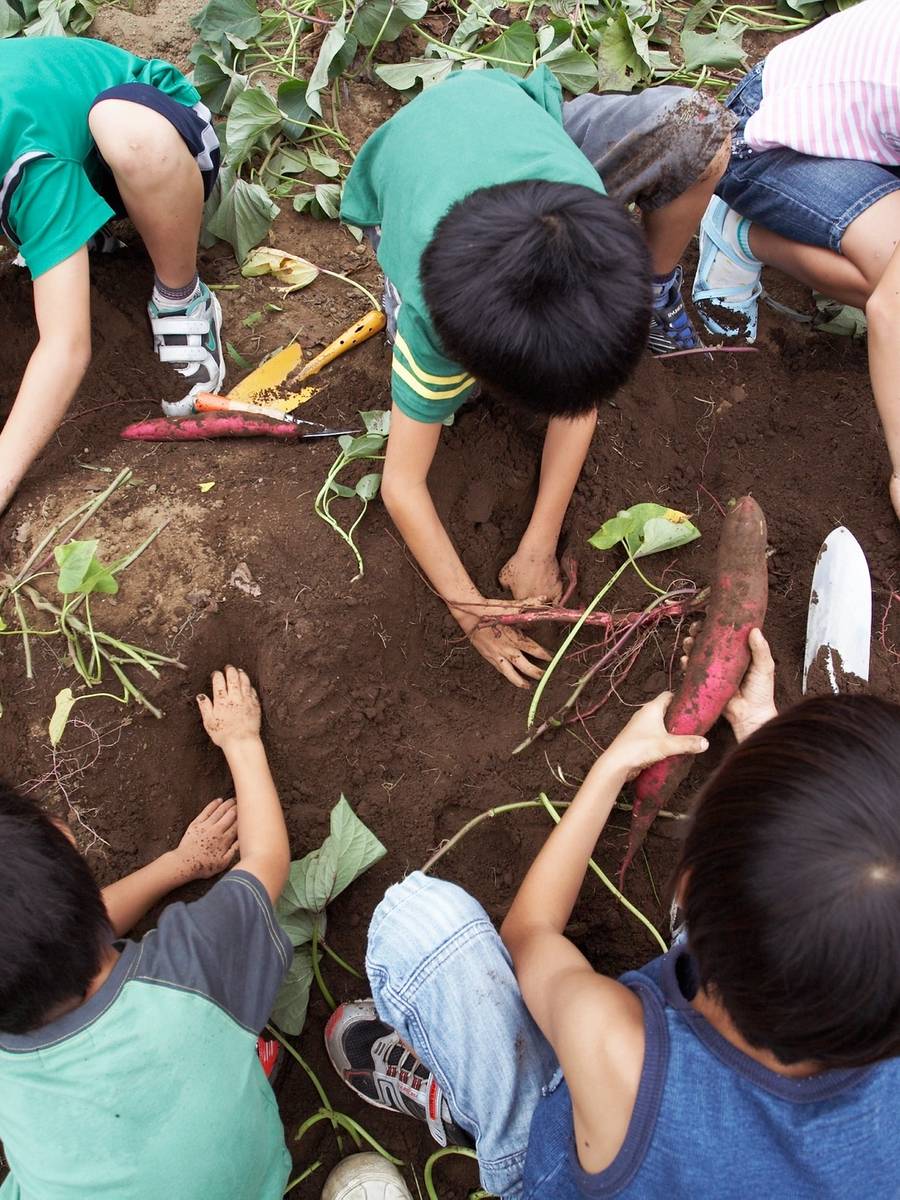Our Goals
Our Mission
Our Vision
Our Stories
The Culture and Tradition of Ufuma: A Celebration of Heritage
Ufuma, a distinguished community in Orumba North Local Government Area of Anambra State, Nigeria, is renowned for its rich culture and deeply rooted traditions.
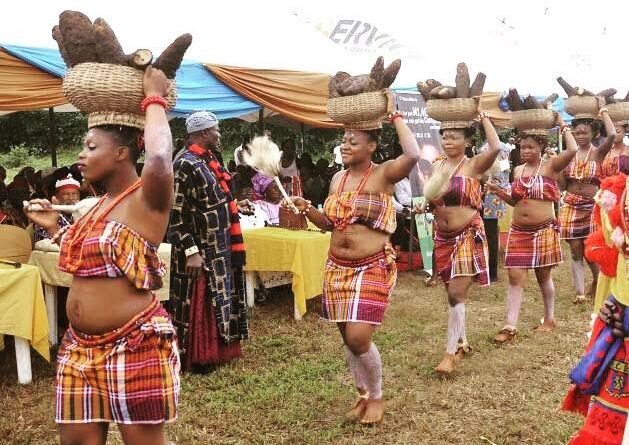
Ufuma, a distinguished community in Orumba North Local Government Area of Anambra State, Nigeria, is renowned for its rich culture and deeply rooted traditions. The town, which consists of nine villages, stands as a beacon of Igbo heritage, preserving its customs while adapting to the dynamics of modernity.
Traditional Governance
At the heart of Ufuma’s cultural structure is its traditional governance system, led by the Igwe (traditional ruler) and a council of elders. The Igwe acts as the custodian of the people’s traditions, presiding over cultural ceremonies, settling disputes, and ensuring the continuity of age-old customs. The elders, in collaboration with community leaders, play significant roles in decision-making, promoting peace, and upholding the values of the land.
Festivals and Celebrations
Ufuma is a community that celebrates its heritage through vibrant festivals and cultural events. These gatherings are marked by colorful displays, traditional music, and dances, bringing people together in unity and joy.
Iri Ji (New Yam Festival): The New Yam Festival is one of the most significant cultural events in Ufuma. It is a time to thank the gods for a bountiful harvest and to seek blessings for the coming year. The festival is characterized by feasting, masquerade performances, and traditional rites.
Masquerade Festivals: Masquerades hold a special place in Ufuma’s tradition, representing ancestral spirits. These performances during festivals are not only entertaining but also spiritually significant, as they honor the ancestors and protect the community.
Marriage Ceremonies: Traditional marriage ceremonies in Ufuma are grand events that showcase the community’s rich cultural practices. From bride price negotiations to elaborate traditional attire and dances, these ceremonies are a testament to the community’s values and respect for tradition.
Religious Beliefs
The people of Ufuma maintain a blend of traditional religion and Christianity, which coexist harmoniously. Ancestral worship, reverence for deities, and rituals tied to the land’s spirits are still observed in certain contexts. However, Christianity has become the dominant faith, with churches playing a central role in the community’s spiritual and social life.
Cultural Practices
Age Grades: The age-grade system is a vital aspect of Ufuma’s tradition. It serves as a framework for communal development, with each age group taking on specific responsibilities, such as organizing events, maintaining infrastructure, and promoting unity.
Farming and Land Rituals: Agriculture is a cornerstone of Ufuma’s identity, and traditional land rituals are conducted to bless the soil and ensure bountiful harvests. These rituals emphasize the deep connection between the people and their environment.
Storytelling and Folklore: Oral tradition remains an essential way of preserving Ufuma’s history and values. Elders pass down stories, proverbs, and folktales to younger generations, ensuring the continuity of the community’s identity.
Attire and Craftsmanship
Traditional attire in Ufuma reflects the people’s pride in their heritage. During festivals and special occasions, men adorn isi agu (a lion-head patterned shirt) and red caps, while women wear vibrant ankara fabrics and beads. Craftsmanship, including weaving, carving, and pottery, is also an integral part of Ufuma’s culture, showcasing the creativity and skills of its people.
Conclusion
The culture and tradition of Ufuma are a testament to the community’s resilience, unity, and respect for its heritage. By preserving their customs while embracing modernity, the people of Ufuma ensure that their rich legacy continues to thrive, inspiring future generations and contributing to the broader tapestry of Igbo culture.


